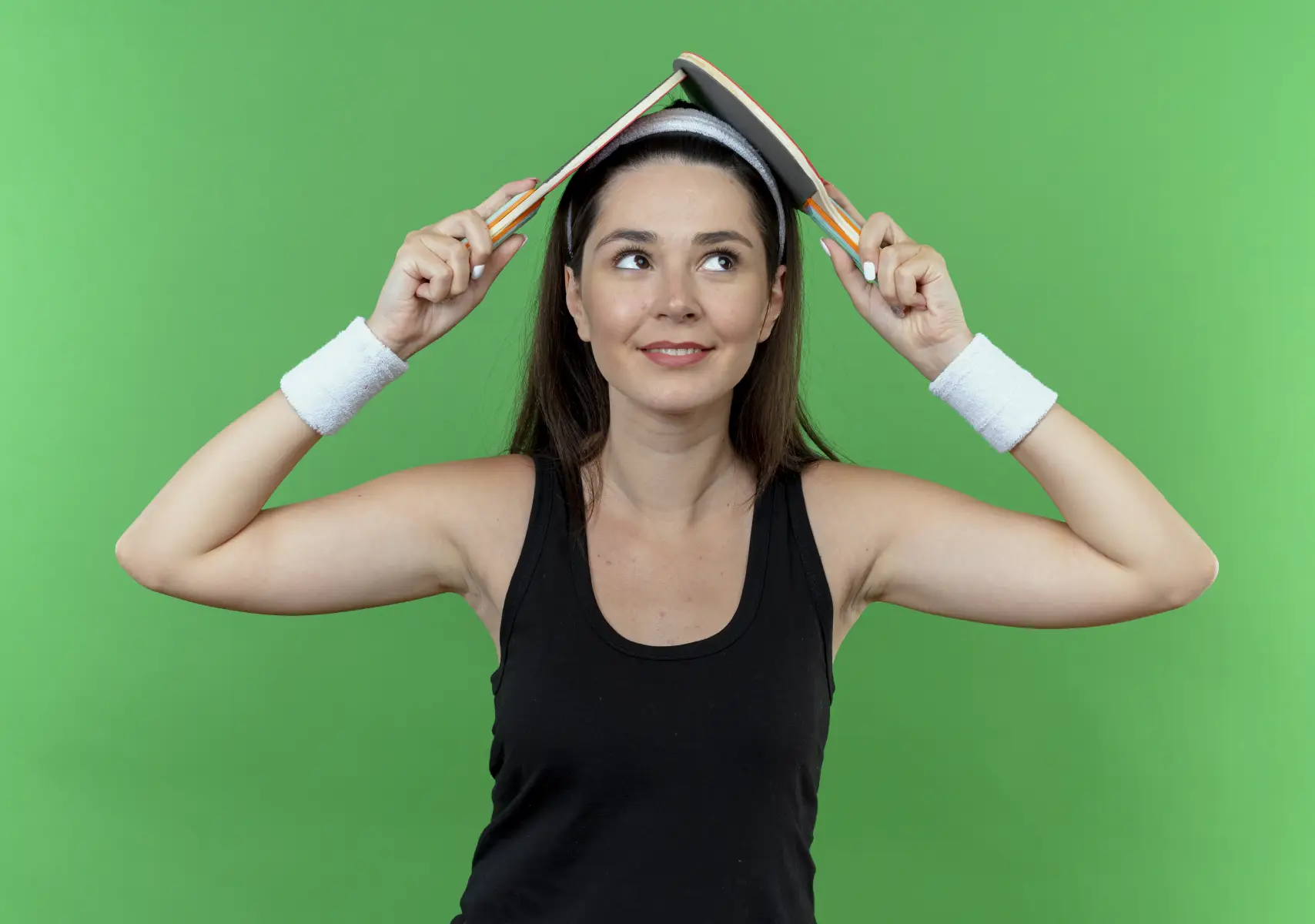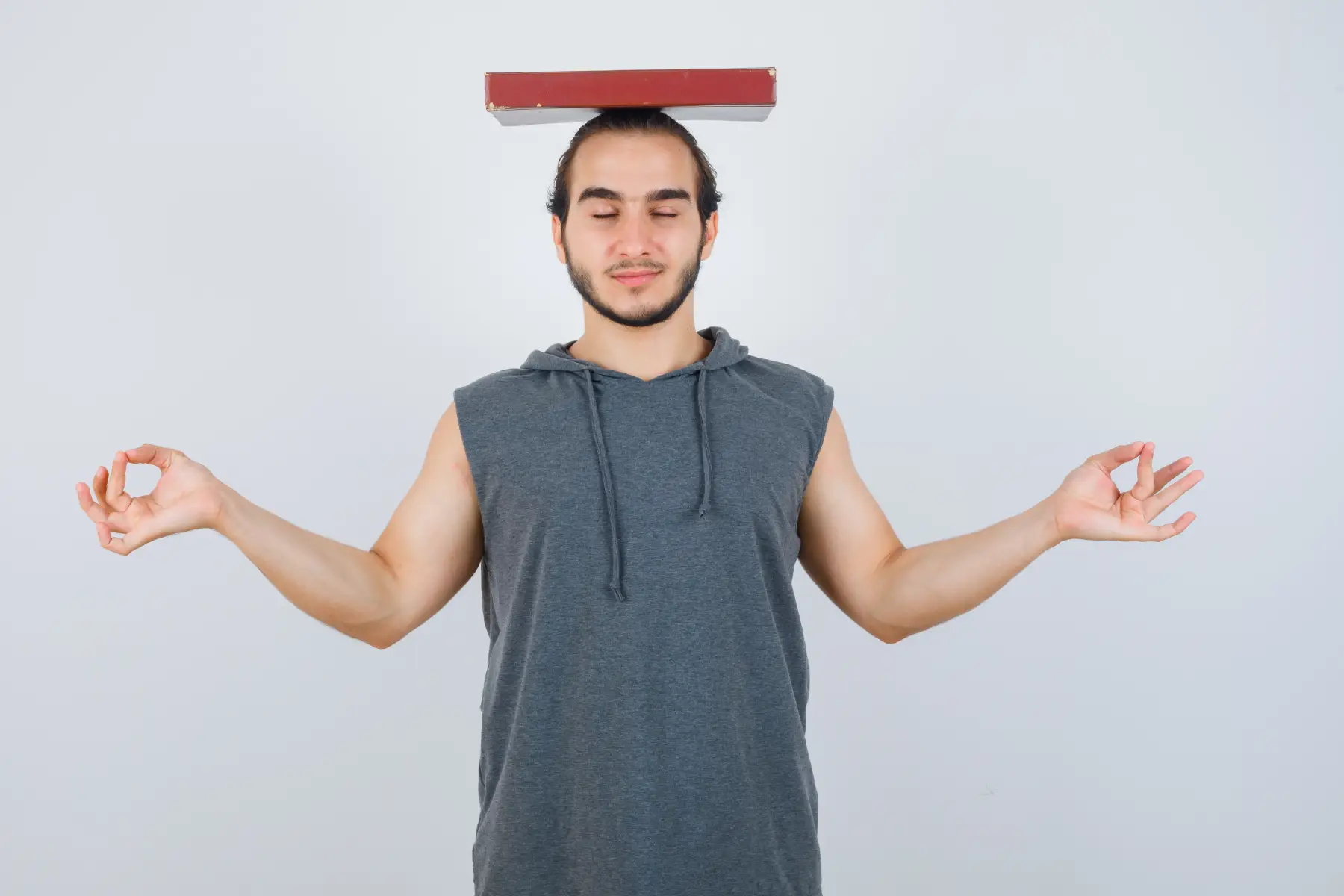Introduction
Drug addiction is a complex, challenging, and deeply personal struggle—yet it is more common than many realise. From prescription painkillers and cannabis to stimulants and opioids, substance misuse crosses backgrounds, ages, and circumstances. In the UK alone, millions are affected by drug problems, whether directly or through a loved one (ONS, 2022).
If you are worried about your own drug use, feeling overwhelmed, or supporting someone in difficulty, you are not alone, nor should you feel ashamed. With the right understanding and professional support, recovery and healing are entirely possible. This whitepaper will clarify drug addiction, highlight causes and consequences, explain evidence-based therapy approaches, and empower you with practical steps to begin your journey to a healthier, brighter future.
What Is Drug Addiction?
Drug addiction, also called substance use disorder, is a medical condition in which a person’s use of psychoactive substances becomes difficult to control, despite harmful consequences. Addiction is not only about illegal drugs—prescription medications (such as painkillers, benzodiazepines, and stimulants) and legal substances (like cannabis) also carry risk.
Addiction includes:
- Compulsive, continued use despite harm
- Cravings and loss of control over consumption
- Tolerance (needing more for the same effect)
- Withdrawal symptoms when reducing or stopping
- Prioritising drug use over daily responsibilities
Key UK facts:
- Nearly 275,000 people receive treatment for drug dependency each year (ONS, 2022)
- Opioids (like heroin), cocaine, cannabis, and prescription drugs are most commonly misused
- The stigma attached to addiction prevents many from seeking help
Types of Drug Addiction
- Opiates and Opioids (heroin, morphine, codeine, tramadol, fentanyl):
Highly addictive; strong withdrawal symptoms. Often linked to pain management or traumatic life events.
- Stimulants (cocaine, crack, amphetamines, prescription ADHD meds, ecstasy/MDMA):
Speed up body systems, can cause crashes, paranoia, or mental health issues.
- Cannabis:
Increasingly common, with potential for dependency, motivation issues, and mood disturbances.
- Prescription Medicines:
Benzodiazepines (valium, Xanax), sleeping pills, gabapentinoids. Can lead to rapid physical and psychological dependence, especially if misused.
- Polydrug Use:
Combining drugs or drugs and alcohol increases harm and risk of overdose.
Causes & Risk Factors
- Biological and Brain Vulnerability:
Genetics explain 40–60% of risk (Volkow et al., 2016). Drugs alter brain reward pathways, impacting impulse control.
- Psychological and Emotional Factors:
- Childhood trauma, abuse, or neglect
- Undiagnosed or untreated mental health conditions (depression, anxiety, PTSD, ADHD)
- Self-medication for emotional pain or stress
- Social and Environmental Influences:
- Peer pressure, social exclusion, or family dysfunction
- Poverty, homelessness, or lack of access to healthy coping resources
- Exposure in environments (work, neighbourhood) where drug use is normalised
Signs & Symptoms
Physical
- Changes in appearance, rapid weight loss or gain, poor hygiene
- Needle marks, sores, frequent illness
- Red eyes, slurred speech, unusual body odour
Psychological
- Mood swings, anxiety, depression, irritability
- Paranoia or hallucinations
- Poor memory or confusion
Behavioural
- Secrecy, lying, or withdrawal from loved ones
- Financial problems or criminal activity
- Neglecting school, work, or hobbies
- Sudden changes in friendships or routines
Withdrawal Symptoms
- Anxiety, agitation, sweating, tremors, nausea, insomnia
- Severity depends on the type of drug, duration of use, and general health
The Impact of Drug Addiction
- Physical Health: Increased risk of infections (HIV, hepatitis), heart disease, respiratory failure, seizures, or overdose
- Mental Health: High rates of depression, psychosis, increased suicide risk (NICE, 2017)
- Relationships: Strained family ties, broken trust, isolation
- Legal/Financial: Job loss, bankruptcy, criminal record, homelessness
Addiction isn’t a character flaw or failure of willpower—it’s a chronic, relapsing medical issue that can be effectively treated with evidence-based care.
Academic Evidence & Therapy Approaches
- Cognitive Behavioural Therapy (CBT):
Teaches users to understand and change drug-related thoughts, triggers, routines, and coping (McHugh et al., 2010). Shown to improve outcomes across most substances.
- Medication-Assisted Treatment (MAT):
For opioid addiction: methadone, buprenorphine, or naltrexone. Reduces cravings, stabilises mood, prevents overdose (NHS, NICE).
- Motivational Interviewing (MI):
Builds readiness for change and helps resolve ambivalence (earlier stages of recovery).
- Detoxification:
Medical management of withdrawal symptoms essential for alcohol, opioids, and some sedatives. Should always be supervised—never quit cold turkey with opioids or benzos without medical advice.
- Peer and Group Support:
Narcotics Anonymous (NA), Cocaine Anonymous, SMART Recovery and others. Peer support reduces shame, isolation, and relapse.
- Treatment for Mental Health (Dual Diagnosis):
Addressing underlying mental health needs crucial for long-term recovery.
- Harm Reduction:
Needle/syringe exchanges, naloxone for overdose, advice on safer use, not just abstinence.
Actionable Strategies
- Keep a Use and Trigger Journal:
Write down when, where, and why you use drugs. Spot the patterns and triggers.
- Set Realistic Goals:
Decide: full abstinence, gradual reduction, or switching to medically safer alternatives.
- Avoid or Change High-Risk Situations:
Identify places, people, or moods that lead to use. Make a specific plan for each (e.g., bring a sober friend, avoid parties, change commute).
- Ask for Professional Help:
Contact your GP, a local drug service, or helpline even if you’re unsure about quitting.
- Find Positive Substitutes:
Replace the “reward” of drug use with healthier activities—exercise, art, travel, volunteering.
- Build Your Support Team:
Let at least one trusted person know your goals; join a group or online forum.
- Plan for Cravings and Lapses:
Cravings are normal. Have a “plan B” for high-urge times (call a friend, exercise, mindfulness, self-talk).
- Forgive Relapses—But Learn from Them:
Recovery is rarely a straight line. See setbacks as lessons for your next attempt.
When and How to Seek Help
You should reach out for support if:
- Drugs are affecting your health, relationships, work, or happiness
- You have tried to stop but can’t
- You’re experiencing distress, overwhelming cravings, or withdrawal
Therapy is fully confidential, non-judgemental, and supportive.
A therapist or drug worker will explore your unique story, identify underlying challenges, and help you create a tailored care plan—step by step, at your pace.
Recovery Story (Anonymised)
“I started taking painkillers after an injury, then bought them online when my GP stopped prescribing. I lied to my family, missed work, and felt ashamed. Finally, I told my doctor. With therapy, group support, and a slow reduction plan, I got my life back—and now help others in recovery.” – (Anon., South London)
Resources
- NHS Drug Addiction Help
- Frank Helpline (0300 123 6600)
- Turning Point
- We Are With You
- Narcotics Anonymous UK
- SMART Recovery UK
Conclusion
Drug addiction is a treatable health challenge. With honesty, professional support, and the right tools, lasting freedom and a better life are absolutely possible. The first step is simply reaching out. Help is here—the journey may be hard, but you don’t have to walk it alone.










